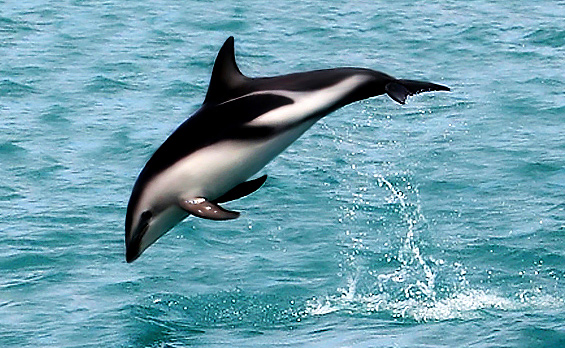How many presentations have you given during the last year? -not only at conferences but also informal ones- If you are like most scientists the number will be somewhere between ten and sixty - that' s quite a lot. And what if I ask you how many presentations have you attended during the last year? Chances are that the number is this time one order of magnitude bigger - that means without doubt quite a lot of time. But, how many of these presentations do you remember to some extent - let' s say, only the subject and the key points? and how many were particularly good?
The reality is that we attend to(o) many presentations but only a few stick in our minds. This seems like a kind of paradox if we think how much is at play when we present our research: spreading our ideas, establishing a rapport with other scientists, getting a promotion or a better job, and the list continues.
In this post I would like to provoke some thoughts based on a story. Here it goes. On a cold day of February 2008, I was at the spring meeting of the German physical society. It was early in the morning and I was attending Andre Geim's plenary talk. Anyone who attended one of his talks knows that he is an outstanding speaker. He is also an exceptional scientist, one of his most celebrated achievements being the experimental demonstration in 2004 of graphene, a single layer of carbon atoms arranged in a honeycomb lattice (a material that, due to stability arguments, was not supposed to exist at all in nature!). That day his talk was entitled "Graphene: Exploring carbon flatland". At some point, when addressing the possible applications of this new material, he told a story more or less in these words:
On a cold day of February 2008, I was at the spring meeting of the German physical society. It was early in the morning and I was attending Andre Geim's plenary talk. Anyone who attended one of his talks knows that he is an outstanding speaker. He is also an exceptional scientist, one of his most celebrated achievements being the experimental demonstration in 2004 of graphene, a single layer of carbon atoms arranged in a honeycomb lattice (a material that, due to stability arguments, was not supposed to exist at all in nature!). That day his talk was entitled "Graphene: Exploring carbon flatland". At some point, when addressing the possible applications of this new material, he told a story more or less in these words:
"On a trip to Florida, I was on a boat watching dolphins, and they were jumping out of the water, allowing people to nearly touch them. Everyone was mesmerized by these magnificent creatures. It was an extraordinary romantic moment"- short silence —"well, until a little boy shouted out: "Mom, can we eat that?" Well, it's a similar matter here, okay, we just found this extraordinary material, so we're enjoying this romantic moment, and now people are asking if we can eat it or not. Probably we can, but you have to step back and enjoy the moment first."
Just imagine, you are there in the auditorium listening to a physics talk, your brain is getting tired and starts to ask for a break. Then, suddenly, the speaker, who seems to have heard your brain's prayer, makes a break taking you to the marvelous world of dolphins. You can almost see these sea creatures jumping graciously on the water. The moment is marvelous; your attention is now fully with the speaker, waiting for the next word and then the child asks "Mom, can we eat them?" A hearty laugher spreads all around the auditorium. Through the story the speaker not only conveys a message -which is enhanced by the concrete and emotional story- but also gives a timely pause to keep people awake.

Post a Comment 0 comments: